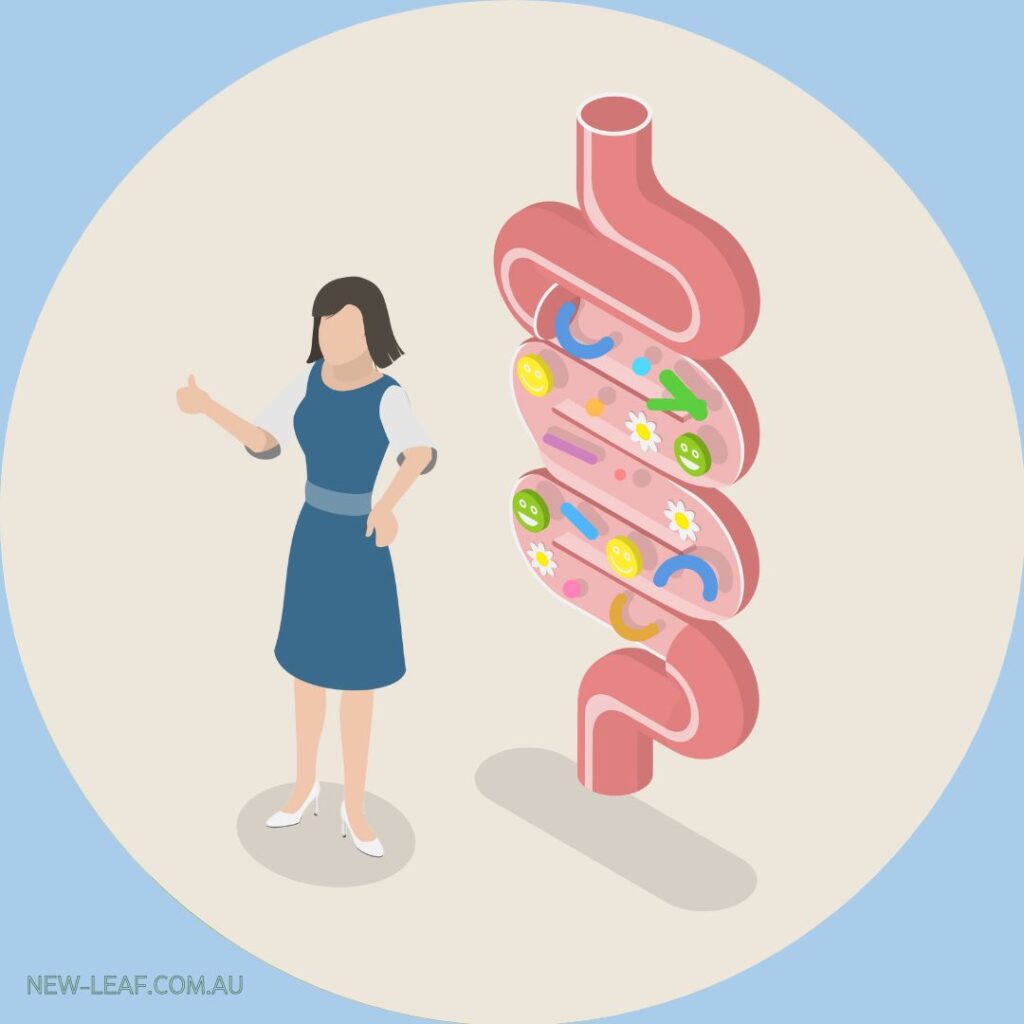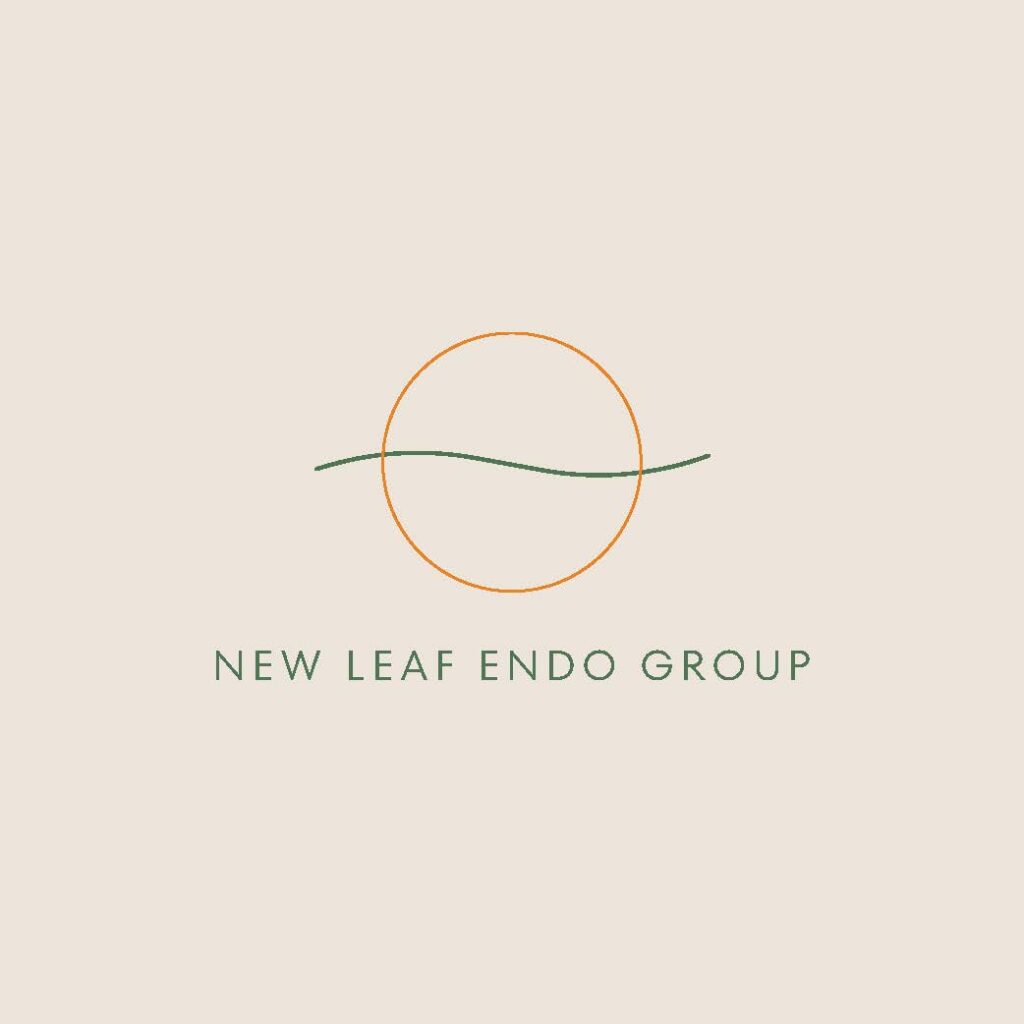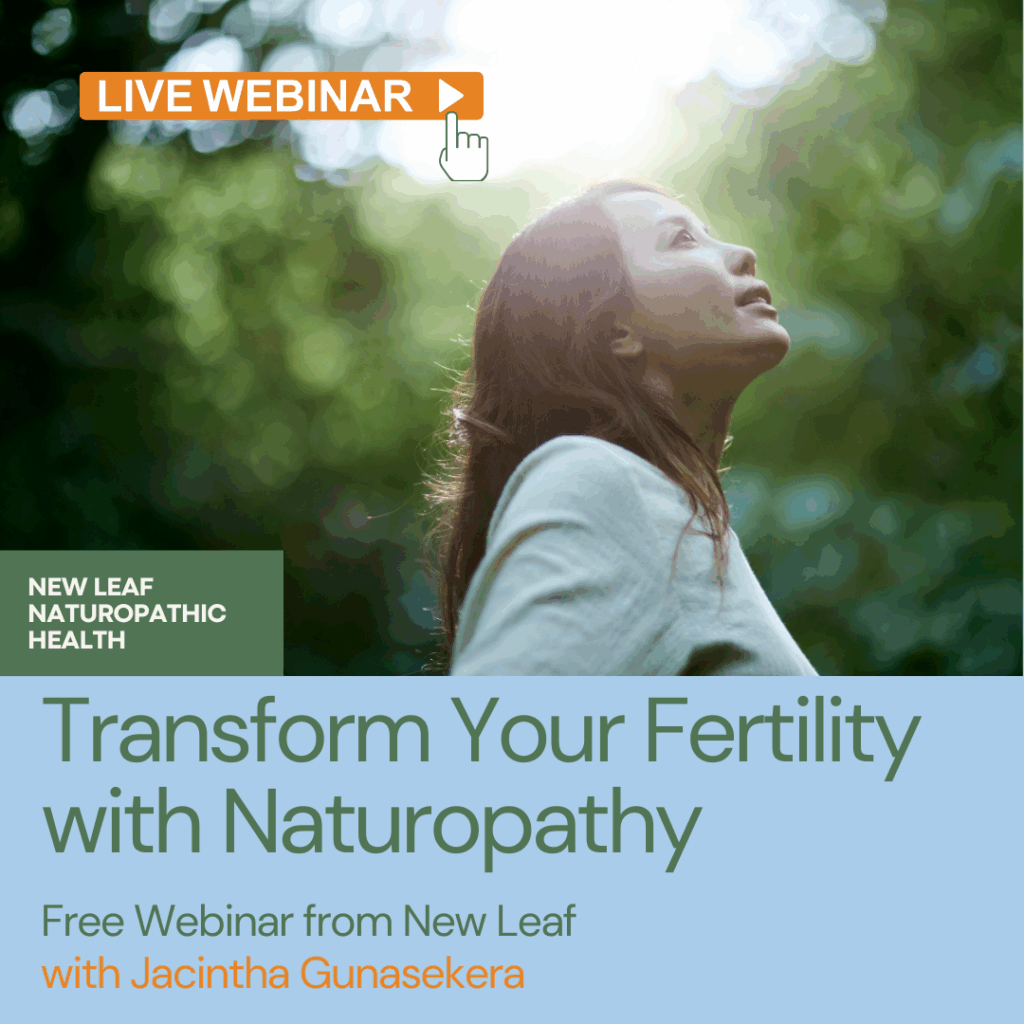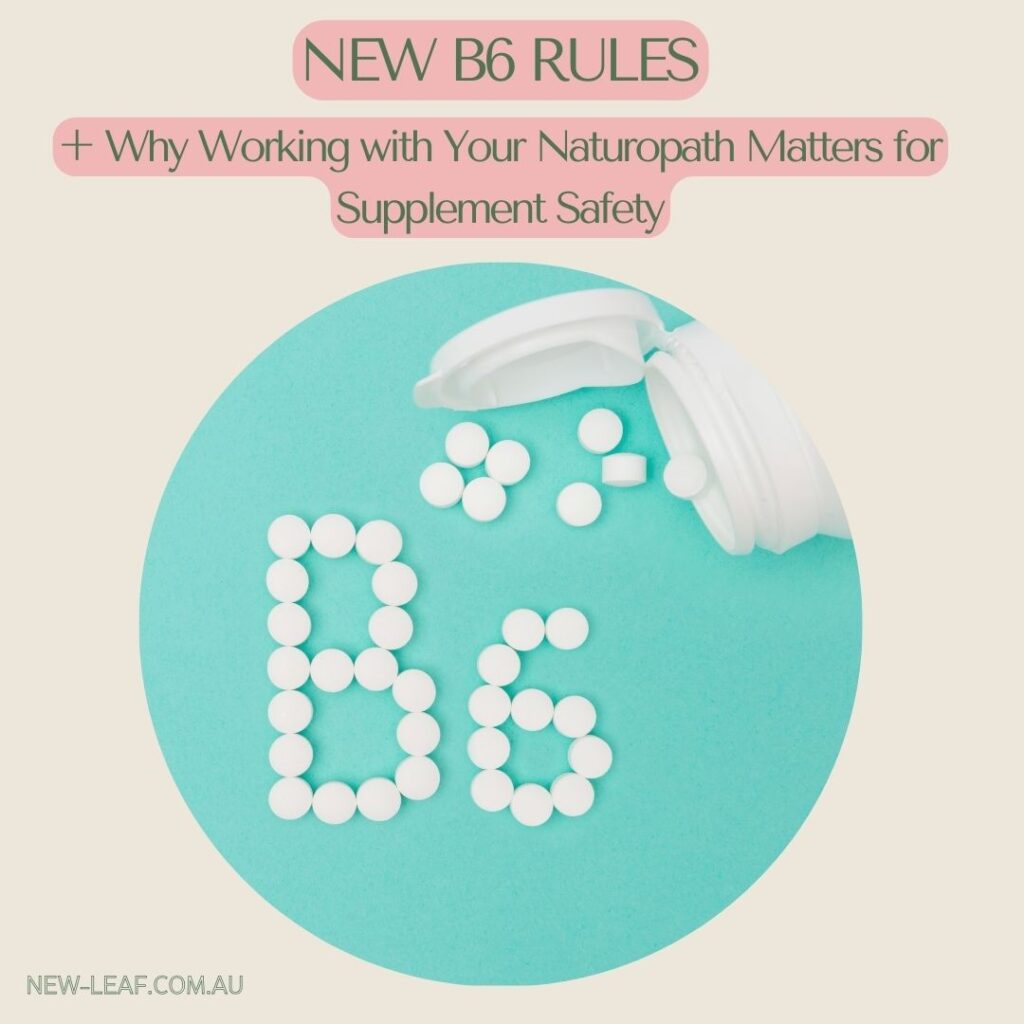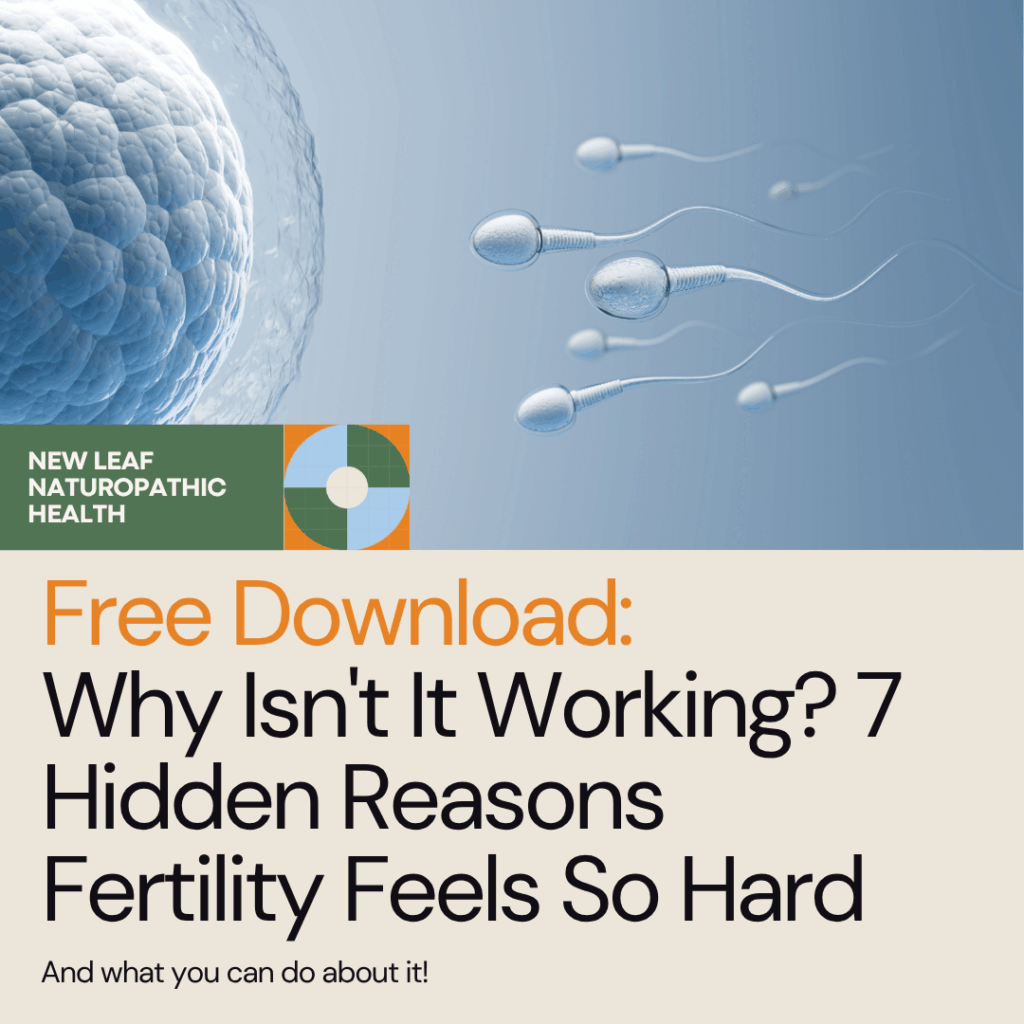As naturopaths, we’re often asked about disorders of gut-brain interaction (DGBI), which is how digestion health and mental health are linked. These conditions, which include irritable bowel syndrome and functional dyspepsia, really impact the quality of life of our patients.
The good news is that naturopathic medicine offers a holistic approach to support those struggling with DGBIs.
Understanding Gut-Brain Disorders
DGBIs involve impaired communication between your gut and brain. While conventional tests may appear normal, patients experience real and often distressing symptoms. These disorders highlight the intricate connection between our digestive system and our nervous system.
DGBIs often present as reflux or indigestion, gastroparesis (slow stomach emptying), diarrhoea or constipation. More research needs to be done on understanding how these conditions start, but we know there may have been a previous infection, that long-term mood disorders are a contributing factor, and that women often present more than men.
Learning about Nurturing Your Gut-Brain Connection:
- It’s important for you to emphasise the impact on quality of life when discussing with doctors
- DGBIs are valid medical conditions, not “just in your head”
- Effective treatments exist that can improve symptoms and quality of life – we look at using apps like Nerva, exploring whether you have SIBO, learn about your gut microbiome and support your mental health with helpful tools.
How Naturopaths Can Help
There is great evidence on how complementary medicine can nurture your gut-brain connection. Naturopathic care for DGBIs focuses on:
- Comprehensive assessment: We look at your whole health picture, including diet, lifestyle, stress levels, and emotional well-being.
- Dietary interventions: Identifying trigger foods and implementing gut-healing diets can make a significant difference.
- Herbal medicine: Certain herbs can help soothe the digestive system and support healthy gut-brain communication.
- Stress management: Techniques like mindfulness and breathing exercises can positively impact your gut health.
- Nutritional support: Targeted supplements may help restore balance to your digestive system.
- Lifestyle modifications: We work with you to develop sustainable habits that promote overall gut health.
Remember, healing takes time and patience. By addressing the root causes and supporting your body’s natural healing processes, naturopathic care can help you find relief from DGBI symptoms and improve your overall well-being.
If you’re struggling with gut-brain disorders, consider consulting a naturopath. We’re here to listen, support, and guide you towards better digestive health and a happier, healthier life.
References:
Recognizing and treating disorders of gut-brain interaction April 20, 2022, By Christopher D. Vélez, MD. Harvard Health
Deutsch JK, Levitt J, Hass DJ. Complementary and Alternative Medicine for Functional Gastrointestinal Disorders. Am J Gastroenterol. 2020 Mar;115(3):350-364. doi: 10.14309/ajg.0000000000000539. PMID: 32079860.
